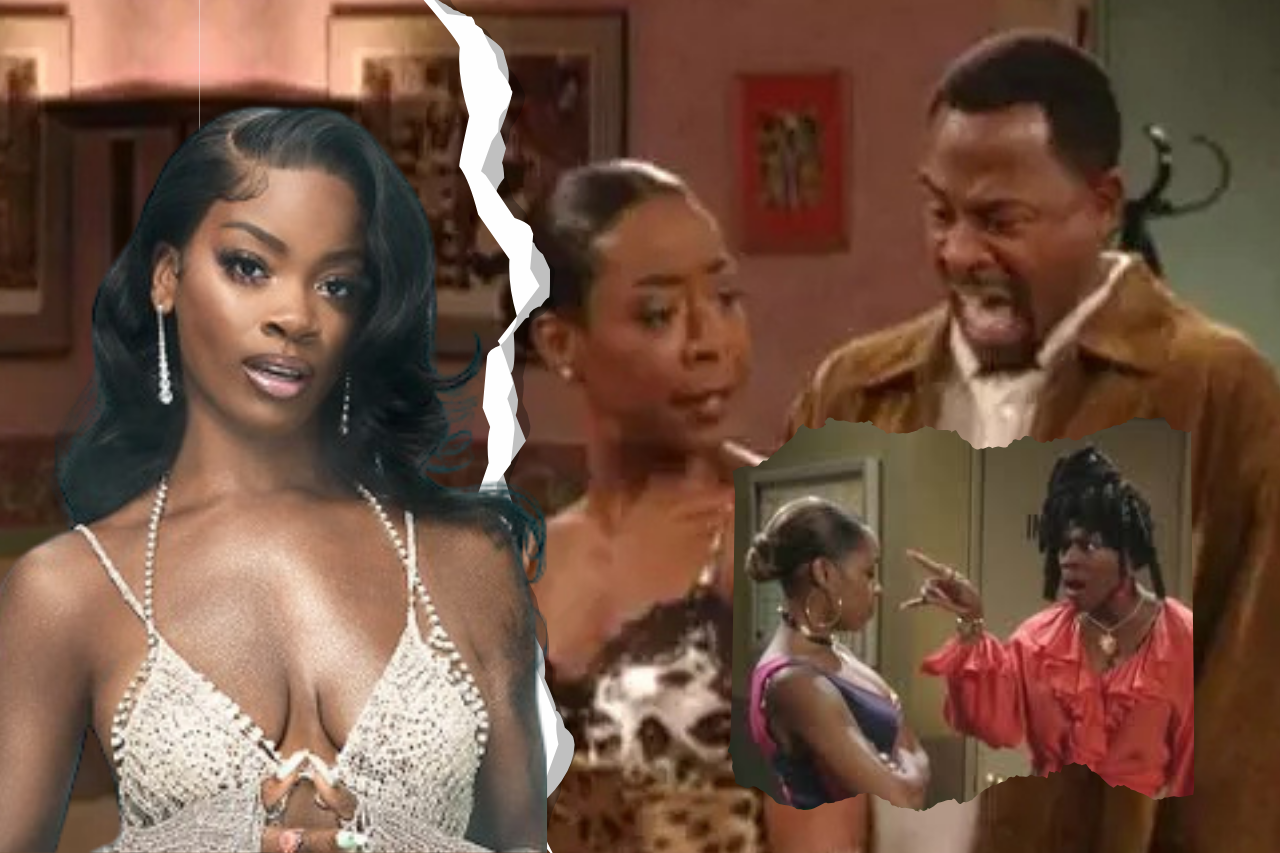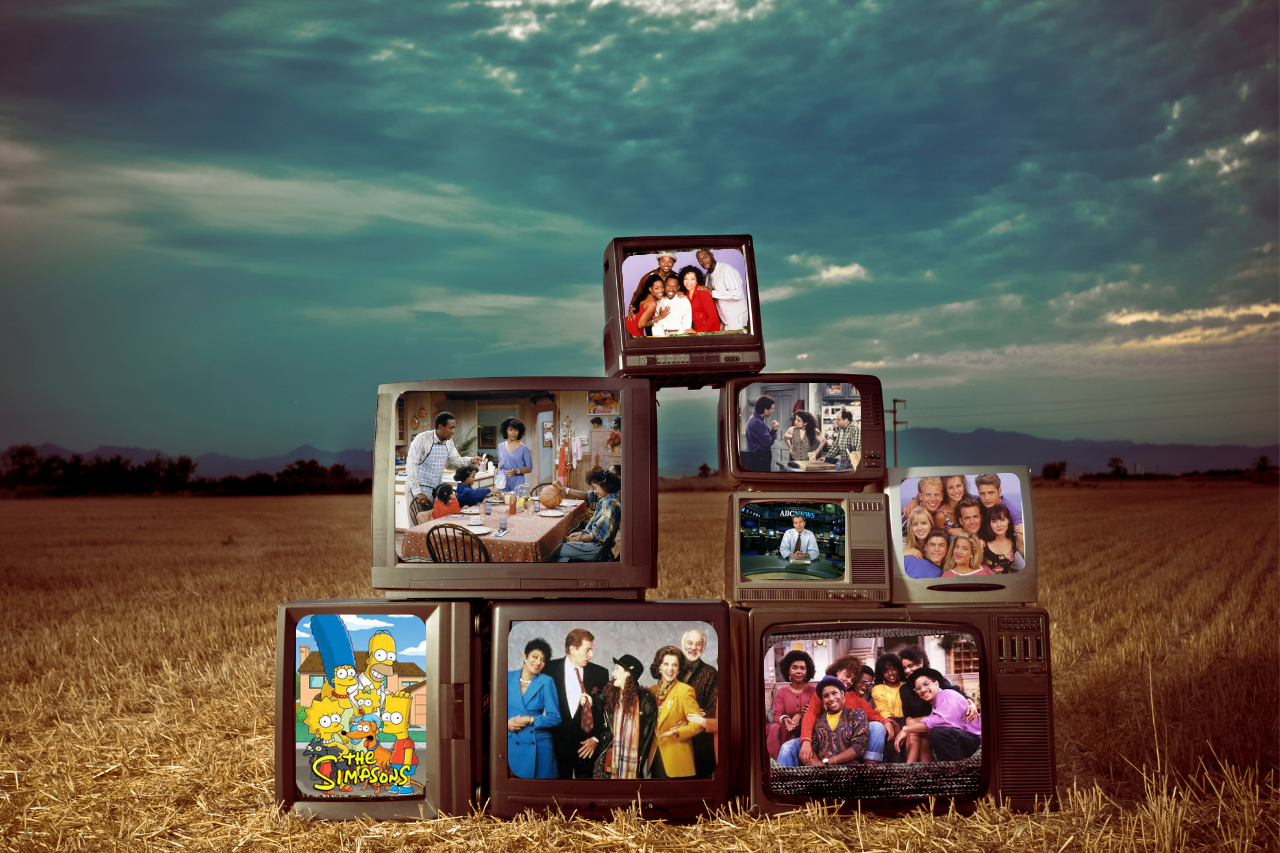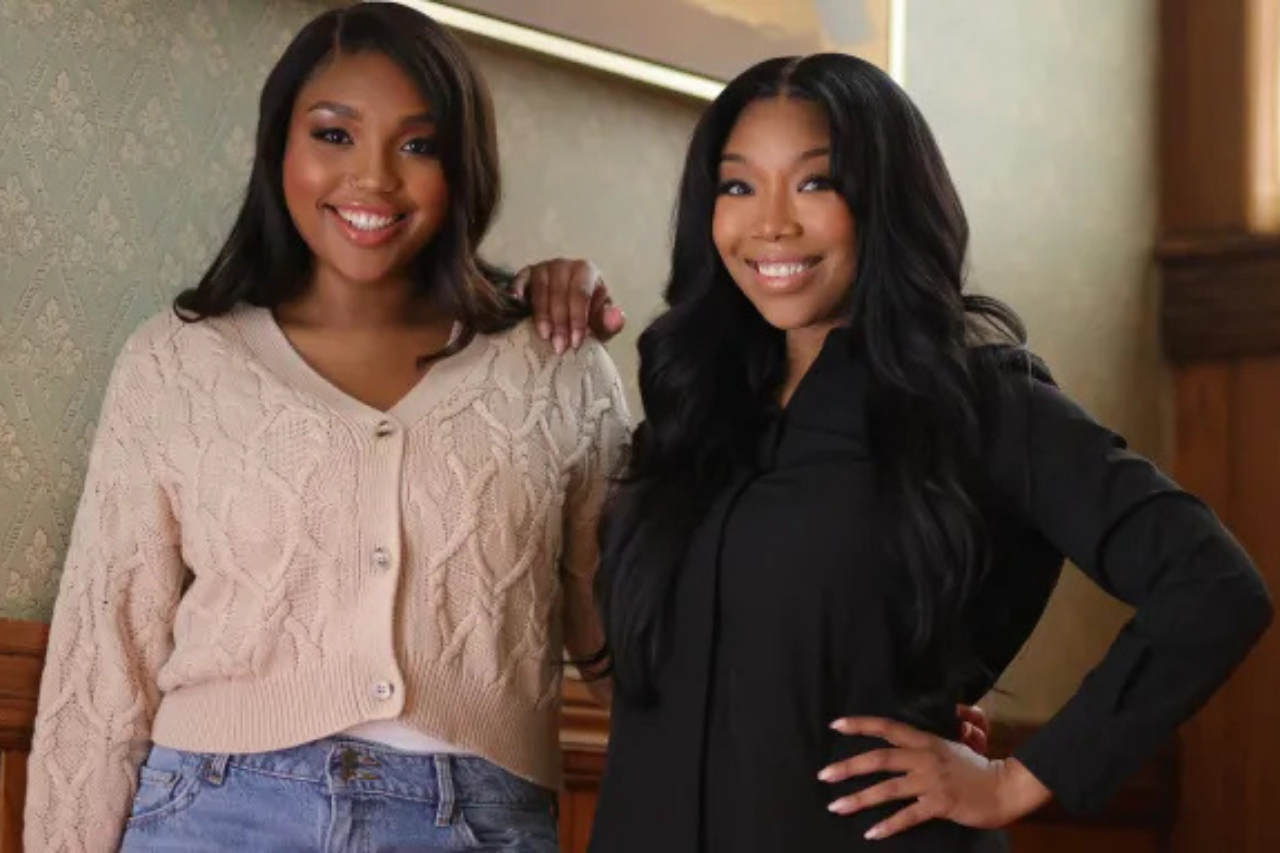Back in the 90s, Martin wasn’t just a sitcom; it was appointment television.
Thursday nights meant settling in front of the TV, the laugh track roaring as Martin Payne (played by Martin Lawrence) and his crew brought comedic chaos to living rooms across America.
One of the show’s most memorable dynamics was Martin’s constant verbal sparring with his girlfriend Gina’s best friend, Pamela James, played by Tichina Arnold. Their quick-fire exchanges became a signature part of the series.
But this week, singer Ari Lennox reminded fans that not all those laughs have aged well. Speaking about the show, Lennox said she found Martin’s constant digs at Pam “too hard” and “mean-spirited.” While many nodded in agreement, others saw her take as proof of a “you had to be there” moment, a generational divide in how humor is interpreted then versus now.
Ari Lennox’s remarks weren’t long, but they cut to the heart of the show’s most iconic friendship-rivalry.
Pam was often on the receiving end of Martin’s insults about her looks, her job, and her dating life. While the two traded jabs, Martin’s comments were often sharper, more personal. For Lennox, that edge crossed into mean territory.
Social media lit up.
- Some agreed, pointing out that even with Pam’s comebacks, the power dynamic felt uneven.
- Others insisted it was all in good fun — Martin was built on roasting culture, and Pam gave as good as she got.
In the 90s, banter like Martin and Pam’s was a staple of Black sitcoms. Shows like The Fresh Prince of Bel-Air, Living Single, and Moesha often featured friends ribbing each other with exaggerated insults.
Part of the comedy came from speed and wit, who could land the funniest punchline, not whether the punchline might sting. Audiences laughed without giving much thought to whether the humor reinforced stereotypes or crossed personal boundaries.
Pam, for her part, was no shrinking violet. Her clapbacks, sharp, stylish, and unapologetic, were part of what made her such a beloved character.
Fast-forward three decades, and the culture around comedy has shifted.
Audiences are quicker to question humor rooted in appearance, status, or stereotypes, especially when the target is a woman whose worth is being undercut for laughs.
It’s not just about Martin; plenty of 90s sitcoms, from Friends to Seinfeld, have moments that make modern viewers wince. What was once “harmless fun” can now feel like punching down.
And for younger audiences encountering the show for the first time, without the nostalgia of watching it live, the tone can hit differently. They see the jokes without the cultural context, and without that shared understanding, the humor can feel harsher.
Here’s the thing: both views can be true.
- We can acknowledge Martin as a groundbreaking show that gave us unforgettable characters, quotable lines, and a defining chapter in 90s television.
- We can also say that not every moment has aged well, and that some jokes, while hilarious in their time, land differently in today’s cultural climate.
Pam’s resilience and comedic timing remain a highlight of the series. She wasn’t just a punchline; she was a scene-stealer. But Ari Lennox’s comment invites a healthy reexamination of how we define “funny, and whether humor has to come at someone else’s expense.
The brilliance of Martin is that it’s still celebrated, quoted, and memed decades later. But Lennox’s take forces us to ask:
- Is nostalgia enough to give certain moments a pass?
- Or should we watch our favorites with fresh eyes and be honest about what hasn’t aged well?
- And maybe the bigger question, 30 years from now, how will today’s jokes hold up?
Because one day, a new generation will be looking back at our favorite shows, and deciding for themselves whether the laughs were timeless… or just a product of their time.
THEN vs. NOW: Martin & Pam’s Banter
| 90s Lens | Today’s Lens |
|---|---|
| Seen as harmless roasting between friends | Viewed as potential verbal bullying |
| Laughter came from fast-paced comebacks | Focus shifts to the impact of the words |
| Pam’s clapbacks made her an equal sparring partner | Some jokes lean on appearance or stereotypes |
| Roasting culture was central to sitcom comedy | Audiences value humor without personal attacks |



